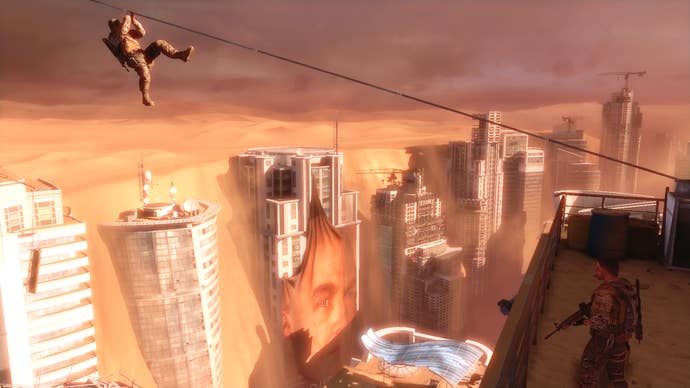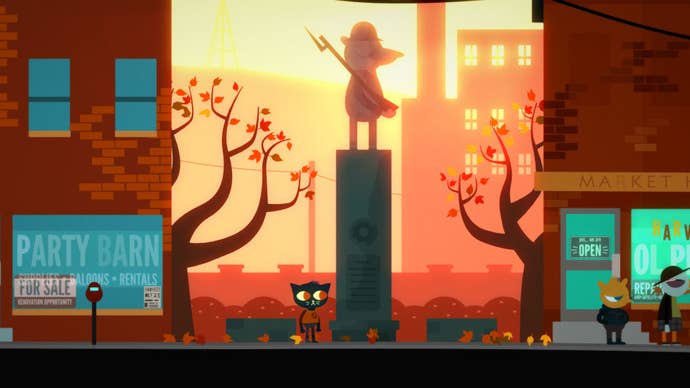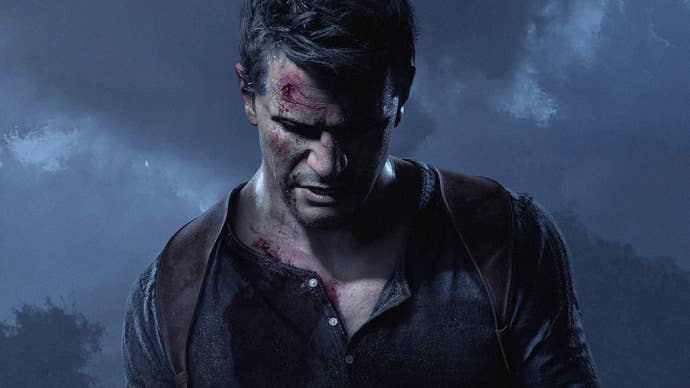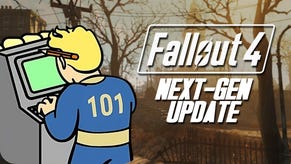The Video Game Industry Reacts Against an Article Praising a Harsh Industry Practice Known as "Crunch"
The video game industry is roiling after reading an excerpt from an upcoming memoir.
This article first appeared on USgamer, a partner publication of VG247. Some content, such as this article, has been migrated to VG247 for posterity after USgamer's closure - but it has not been edited or further vetted by the VG247 team.
Today, Polygon published an excerpt from developer Walt Williams's upcoming memoir, Significant Zero, about his love for "Crunch". For those of you who don't know, Crunch is an industry term for a period in development when video game developers are expected to contribute excessive overtime to a project. It is linked to a host of physical and psychological workplace health issues, and the industry is reacting against Williams's excerpt which seems to romanticize the practice.
"Crunch isn't a pandemic or a death march. It's not even exclusive to the games industry," writes Williams, who worked on games like Star Wars Battlefront 2 and Spec-Ops: The Line. "If anything, Crunch is a natural occurrence brought on by the creative process. Driven by passion, artists give themselves entirely to their art."

The rest of the excerpt reads like a Palahniuk-ian account that promotes the idea of art through suffering, and romanticized self-destruction. It's hardly a unique opinion. Just last year, game industry veteran Alex St. John wrote an article for VentureBeat titled, "Game developers must avoid the 'wage-slave' attitude". He argued that video games are art, and as such employees should be willing to sacrifice the notion of a normal working life Instead of protected rights, video game developers shouldn't be surprised that their work causes suffering—whether it's through long hours of crunch, or low wages. They are creating art after all, and both St. John and Williams argue that artists should suffer for their work.
Only Crunch isn't just the product of an industry full of tortured artists, but an industry norm that can very easily be used against employees. A quick Google search for "Video Game Crunch" yields headlines like, "The Horrible World of Video Game Crunch," "Crunch is bullshit," and yes, even "The death march: the problem of crunch time in game development".

Video game developers and writers who cover the industry have reacted negatively to the excerpt. Scott Benson, developer on this year's Night in the Woods, tweeted how overworking on the game nearly killed him. Austin Walker of Waypoint tweeted that the article doesn't contextualize the state of labor in video game development. In fact, developers are using this story to tell their own horror stories about crunch and how it demonstrates one of the major flaws in working in the game industry. An industry that treats crunch as standard operating norm.
When we reached out to some developers, an industry member working for a major publisher on large franchises told USgamer that while they recognize where Williams is coming from, there are also some serious differences in opinions.
"I don't really take pride in the fact that crunches happened or that I participated in them. I don't think of them as a badge of honor or anything like that," they revealed. "But, I went through a hard thing with a bunch of people who are really important to me and doing that together brought us closer. I think that's the value that I find in crunch."

Williams for his part has clarified his excerpt on Twitter. "Crunch is destructive. It is not necessary... and should not be forced on people. It is also seductive to certain types," he wrote saying that his excerpt should be treated as a memoir- a personal take, rather than a declaration for the industry.
However, his excerpt still contains passages like, "You will rant and rage and pray to gods in which you don't believe, begging them to strike down this corrupt system so that something pure and good may grow in its place. Your prayers will go unheard, but take heart-you have not been forsaken. The system is not broken; it is, in fact, working exactly as designed."
So whether or not Williams is advocating for crunch in the video games industry, he certainly isn't shy about talking about in terms of quasi-religiosity that I find harmful for newcomers in the industry who will learn through articles like his and St. Alex's that crunch (and the damage that follows) is something required of them. "The system is not broken," after all.
The problem with deadline-focused careers is that normal expectations of time and commitment tend to get warped. It's why discussions about "burnout" seems to be getting more and more attention. The next step is to start talk about ways to help workers, instead of having them promote harmful practices.









